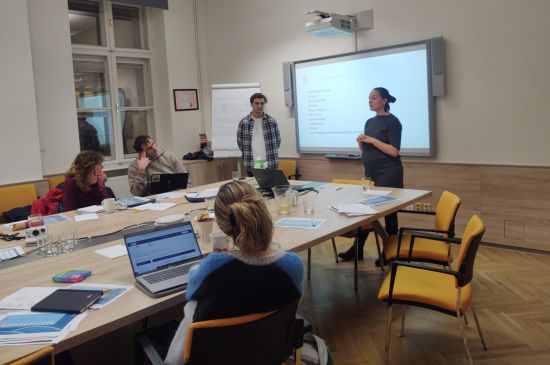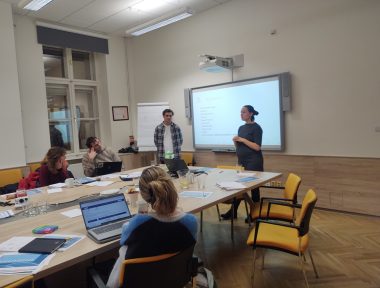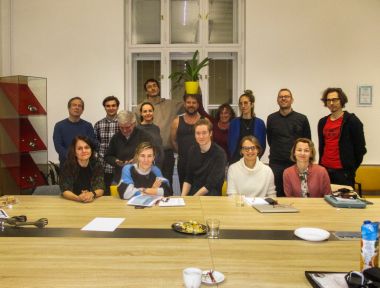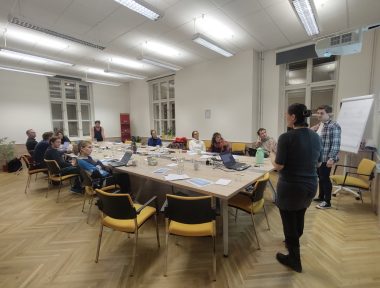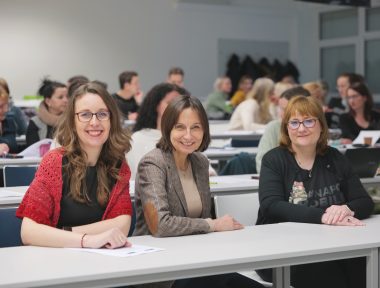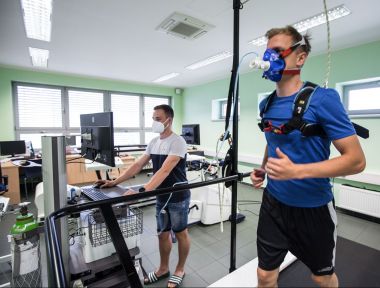The Faculty of Social Studies at the University of Ostrava has for some time been developing a model of teaching that involves inviting people with their own lived experience of disadvantage to thematic course seminars. This model is unique in the Czech Republic, however it is among the current trends of innovation in higher education in the field of social and health disciplines abroad. Recently, the Faculty of Social Studies, together with several foreign universities and other institutions, has applied for support from the European Union (specifically in the Erasmus+ programme through Key Action 2 Cooperation initiative among organisations and institutions) to support the development of this approach at the international level and to inspire other educational institutions considering its implementation.
The three-year project with the SEKEHE acronym (Structural Embedding of Knowledge by Experience in Higher Education through processes of co-creation) was supported this year in a highly competitive call for grants, along with other projects allowing Ostrava to become one of the key locations on the map of social innovation in higher education, together with other higher education institutions in Ghent, Trondheim, and Milan. The Faculty of Social Studies, the project leader of the international consortium, will gradually work on introducing new forms of co-teaching involving people with lived experience. This will materialise in the form of innovative courses in which ‘experts by experience’ (e.g., people with experience of homelessness, addiction, recovery from mental health problems, etc.) will participate in thematic learning as well as will also be one of vital voices in the development of syllabi and learning objectives in those courses that relate to their experiential knowledge.
Later, the model will also extend to the community of students, who will be invited to join in support groups and meetings to work with their experiential knowledge and learn to use it in their learning and subsequent practice. In this way, experiential knowledge should gradually become a key building block that the institutions involved will incorporate at many levels of their operations. The project will also include research based on an innovative method of working with photographs and stories of individual educational actors.
Meanwhile, the international team met live for the first time only recently on 9-10 December 2022 in Ostrava. The meeting included a project presentation by experts by experience who are already working at the Faculty of Social Studies in Ostrava and an exchange of experience with different models of co-learning with people with their own experience.
In the next project phases, educational events are prepared in the form of webinars, open seminars, and conferences, about which we will keep you posted. A website with inspirational materials and sharing of good practice will also be launched soon. And so, we hope there is much to look forward to.



 2 min.
2 min. 